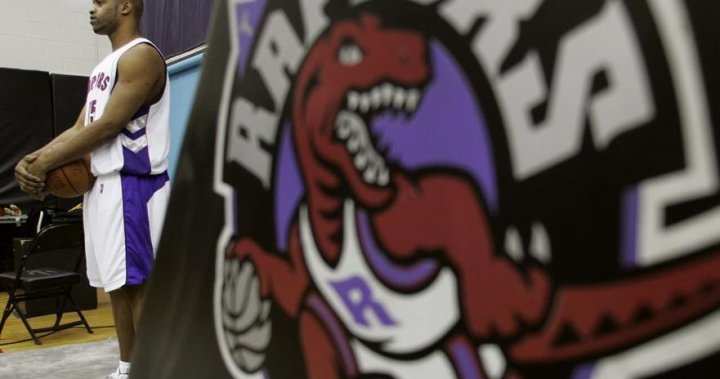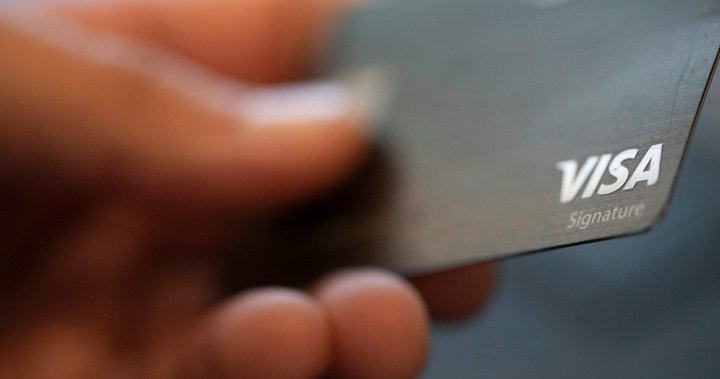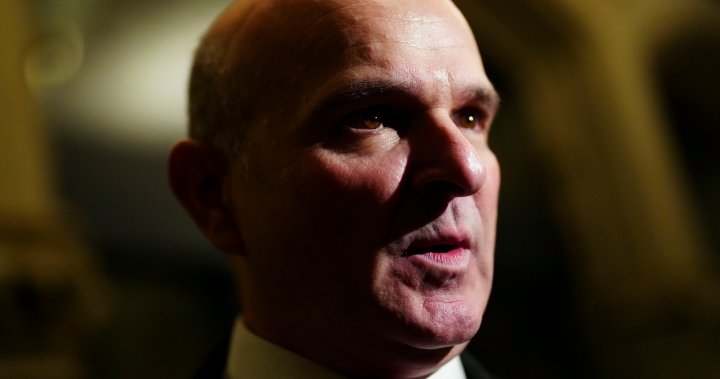The Simcoe County District School Board is joining forces with four other school boards in suing the companies behind major social media platforms Facebook, Instagram, Snapchat and TikTok.
Simcoe County District School Board Chair Jodi Lloyd confirmed it is in the process of joining fellow school boards in the lawsuit, but the board will only be officially added after it goes through the appropriate legal proceedings.
“We can either be a bystander and allow this to continue knowing that it is harmful to children, or we can attempt to stop it and make change,” Lloyd said.
The lawsuit was started in March by the Toronto District School Board, Peel District School Board, Toronto Catholic District School Board, and Ottawa-Carleton District School Board.
The boards allege the social media platforms have negatively impacted students’ mental health and led to an increase in violence in schools by rewiring how children think, behave and learn and that educators and schools have been left to “manage the fallout.”
Lloyd said the board’s decision to join came following studies in the United States on the impact social media has on the lives of young people.
“It’s very clear that this is very detrimental to developing brains and to youth, resulting in high levels of mental health challenges, anxiety, aggressive behaviour, and all of that is detrimental to student learning,” she said.
Breaking news from Canada and around the world
sent to your email, as it happens.
“As a school board, we work to support our students in any way we can to be successful, but it is straining our resources. The needs are greater and greater, and we felt that it was an opportunity to address this.”
The five Ontario school boards are suing Meta Platforms Inc., which owns Facebook and Instagram, Snap Inc., which owns Snapchat, and ByteDance Ltd., which owns TikTok, for $4.5 billion in damages.
The boards are being represented by Toronto-based Neinstein LLP, under the moniker Schools for Social Media Change.
In a March statement, the boards allege that the social media products have been “negligently designed for compulsive use” and that the prolific and compulsive use of these products is responsible for “an attention, learning and mental health crisis” among students.
The school boards say the platforms are putting “massive strains” on resources, including increasing the need for in-school mental health programming and IT costs totalling over $4 billion.
Lloyd said the Simcoe board is continuing to see increasing levels of students struggling with anxiety and mental health and rising levels of violence in classrooms.
“Students are on their devices and on these platforms compulsively, day after day after day, not just while at school, and this will be very costly to our society eventually if we can’t get this under control and address it,” Lloyd said.
A spokeswoman for Snap Inc., Tonya Johnson, said Snapchat was “intentionally designed to be different from traditional social media.”
“Snapchat opens directly to a camera — rather than a feed of content — and has no traditional public likes or comments. While we will always have more work to do, we feel good about the role Snapchat plays in helping close friends feel connected, happy and prepared as they face the many challenges of adolescence.”
A spokesperson for TikTok said, “TikTok has industry-leading safeguards such as parental controls, an automatic 60-minute screen time limit for users under 18, age-restrictions on features like push notifications, and more. Our team of Safety professionals continually evaluate emerging practices and insights to support teens’ well-being and will continue working to keep our community safe.”
In March, a spokesperson for the firm representing the school boards said they are working collaboratively with firms in the United States, where he said more than 500 school boards are bringing similar lawsuits.
Meta Platforms Inc., which owns Facebook and Instagram, has yet to respond to requests for comment.
The allegations have not been proven in court.
— with files from Global News’ Jacquelyn LeBel, Isaac Callan and Uday Rana
© 2024 Global News, a division of Corus Entertainment Inc.



